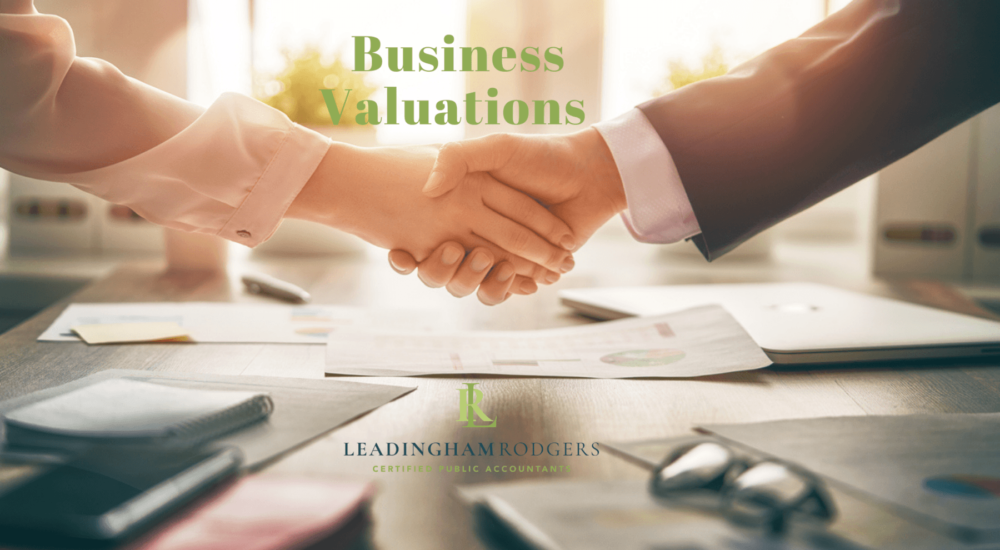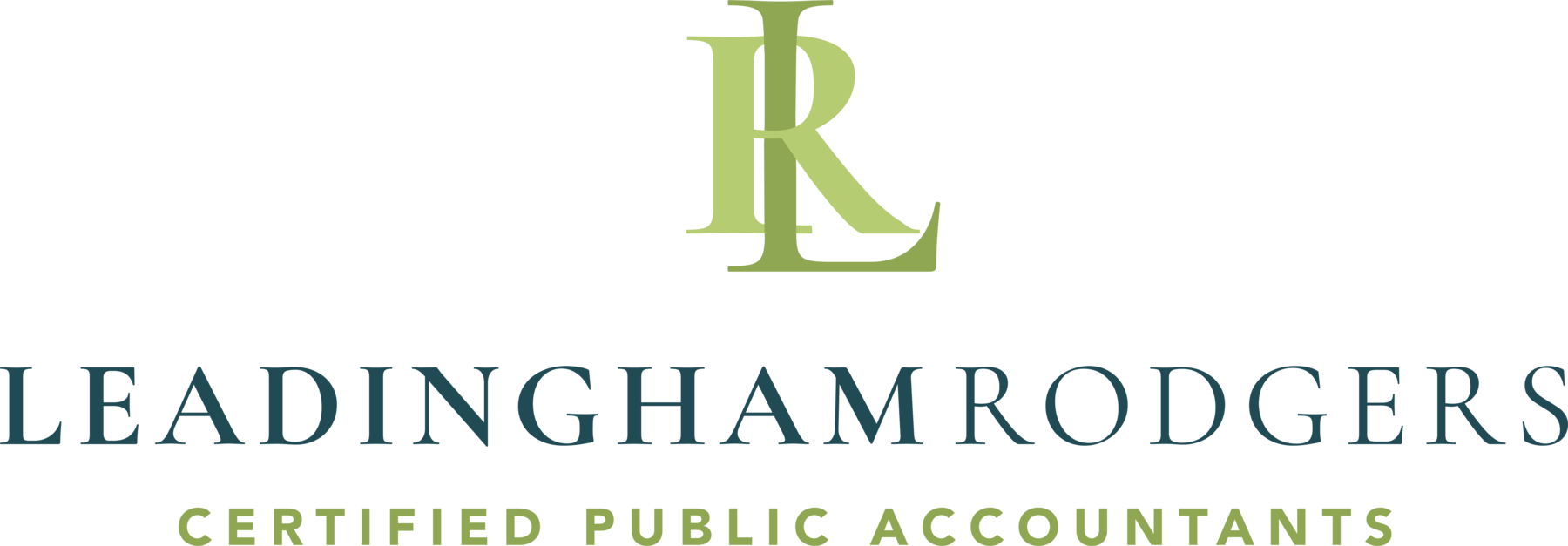As a business owner, your job is to manage the big picture, making sure that…

Valuing A Business – Important Factors When Buying or Selling
2020 has been tough on businesses big and small. From seemingly dominant international corporations to local mom and pop stores, owners everywhere have been trying their best to ride out the storm.
But where turbulence limits options, it also creates opportunity. For owners looking to buy or sell, one question advances to the forefront: how much is a business worth?
Leadingham Rodgers offers expert CPA and accounting services in business valuation for both buyers and sellers. With a CPA from Leadingham Rodgers, you’ll get an honest valuation in keeping with your honest work.
Numerous factors come into play when valuing a business, but here are a top few.
Revenue
A consistent increase in recurring revenue demonstrates potential for a business, while downward trends are often seen as a sign of trouble. The value of a business responds accordingly, but diminishing revenue isn’t uncommon in businesses looking to sell.
Recurring revenue is of greater interest than non-operating revenue (or one-time gains) when examining trends as it more accurately represents expectations for predictable growth.
Profit Margins
Higher gross margins usually translate to a higher value for a business. Gross margins are calculated by subtracting the cost of goods and services from the amount of net sales.
This metric may indicate a company’s unique advantage and the amount of retained capital per dollar in sales. Higher gross margins may also represent a business’ ability to pay its debt or cover general and administrative expenses.
Liquidation Value
The health of a particular business can also be gauged by the literal worth of its current assets. That is, if the company were to close its doors and liquidate everything, how much could it bring in?
The net value of a business’ physical assets–such as property, equipment, inventory, etc.–makes up the liquidation value. This metric does not include intangible assets such as intellectual property.
Oftentimes buyers will use ratios, such as earnings to book value, to help calculate an overall valuation. Liquidation value helps determine book value–i.e. how much the business could be sold for on the open markets.
Customer Concentration
The diversity and magnitude of a company’s customer base affects the risk (and therefore value) of buying a business.
When a company relies on only a few customers for the majority of their business, the risk becomes higher as losing even one of those customers could severely impact profitability. A company with a more diverse customer base is seen as more reliable and will command a higher value.
Reputation
Among the so-called “soft factors” for a business valuation, reputation can mean a lot. A company’s reputation among customer base, manufacturers, distributors, and even the community, can be hard to replicate and even harder to value.
Reputations aren’t made overnight and can’t be purchased. A company’s reputation is earned over time and can have a definite impact on value. On the balance sheet, you will often seen this marked as ‘goodwill.’
Let Us Do The Math
You want the best possible value for your business, buying or selling. Forming an accurate valuation shouldn’t be left up to just anyone.
Leadingham Rodgers team of professionals can crack the books, do the math, and arrive at the most appropriate figure. So whether you’re hanging up your hat or looking to get your hands dirty, make sure your business is valued by the experts.
Learn more about business valuation services from Leadingham Rodgers today!
You’ve put all you had into your business. Don’t let it go for less than its worth. And if you’re in the market for a new venture, don’t pay more than you need to. Buying or selling, Leadingham Rodgers is your ticket to a truly accurate valuation. To learn more about how Leadingham Rodgers measures business worth, call (334) 270-3366 today.



